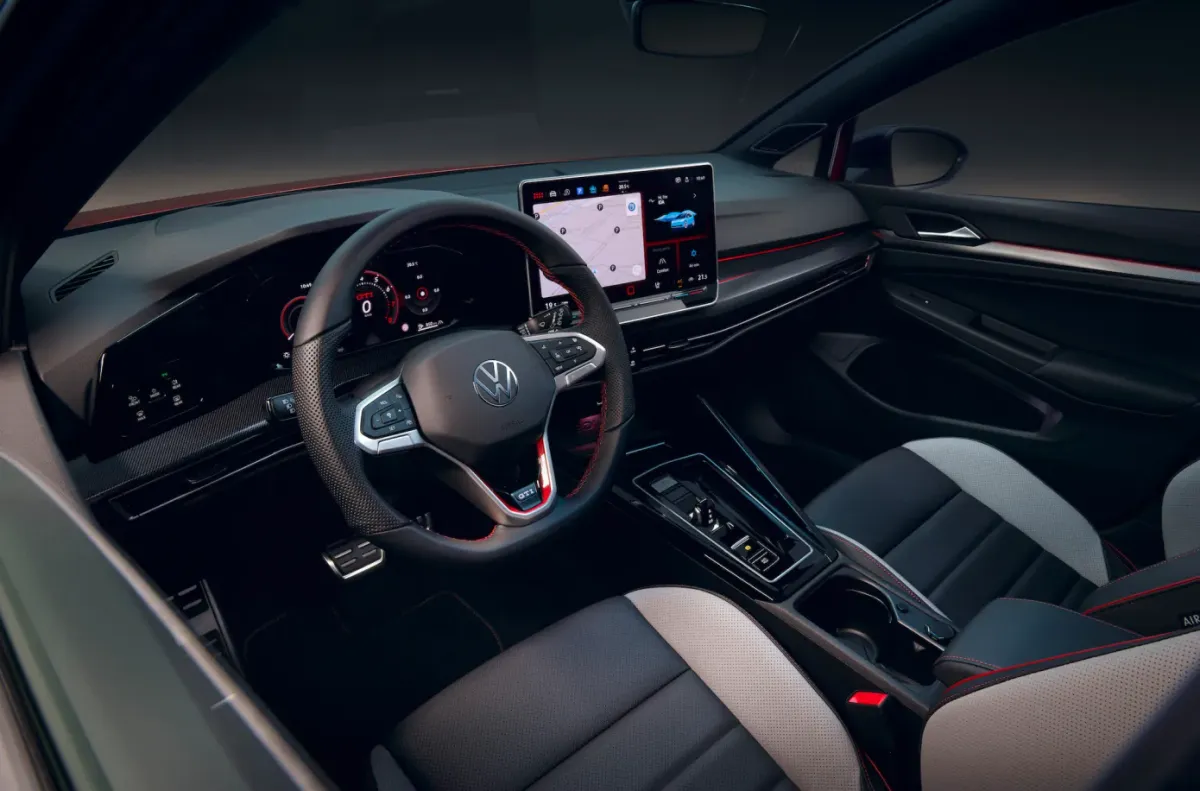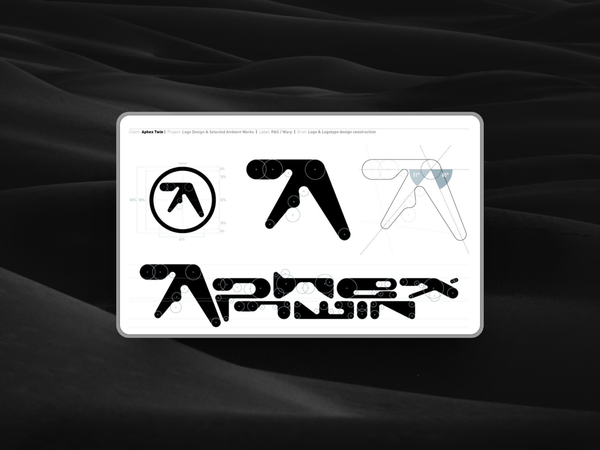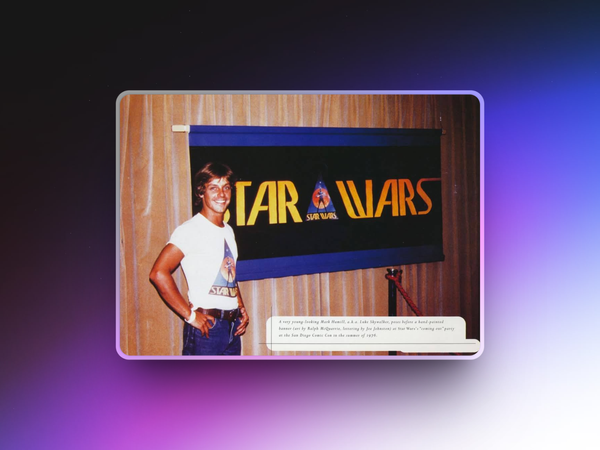Volkswagen Rolls Out ChatGPT: A Gimmick on Wheels?
The quest to cram AI into every conceivable human endeavor continues...

Volkswagen is turning heads with its latest tech initiative—bringing ChatGPT into its U.S. vehicles.
It’s a flashy move, sure, but is it really what drivers need?
As cars become ever smarter, the question isn’t whether we *can* make them more interactive, but whether we *should*.
We won't deny we're cynical about this, and even wrote about it when it was first announced.

A Chatbot on the Road: Necessity or Nuisance?
Volkswagen's decision to integrate ChatGPT into its vehicle lineup is being touted as a breakthrough.
On paper, it sounds impressive: a car that can understand and respond to natural language, giving drivers the ability to ask questions, get directions, or manage appointments on the fly.
It’s all very futuristic.
But strip away the hype, and you’re left wondering if this is innovation for innovation's sake. Let’s be real: cars are meant to get us from point A to point B, safely and efficiently. Anything beyond that runs the risk of becoming a distraction.
Do we really need our vehicles to act as personal assistants, able to chat about anything from the latest sports scores to weather forecasts?
Or are we just adding more layers of complexity to something that should be simple?
The less distracting technology in cars, the better.
We already live in a world where our attention is constantly pulled in a million directions—do we really need our cars joining the fray?
The Illusion of Convenience
Volkswagen would have you believe that incorporating ChatGPT is about making driving more convenient.
Need to find the nearest gas station? Just ask ChatGPT. Want to draft an email while cruising down the freeway? ChatGPT’s got your back. But let's take a step back: these are tasks that can—and should—be done when the car is parked.
The allure of being able to multitask while driving might sound appealing, but it edges dangerously close to promoting distracted driving. And then there’s the issue of voice recognition itself.
Anyone who’s ever tried to use voice commands in a car knows how hit-or-miss they can be. Background noise, different accents, and just the inherent imperfections of voice recognition technology can make these systems more frustrating than they’re worth.
In reality, you might spend more time shouting at your car to understand you than if you had just pulled over to use your phone.
Privacy on Wheels?
Beyond the distraction factor, there are significant privacy concerns. ChatGPT, after all, is a data-driven AI. Every time you interact with it, data is being collected, processed, and stored.
Volkswagen may assure customers that their data will be kept secure and private, but can we really trust that our conversations won’t be used for more targeted advertising or even worse, end up in the hands of hackers?
The more connected our cars become, the more vulnerable we are to cyber threats. When tech companies routinely monetise user data, consumers should be skeptical of any technology that can listen, record, and potentially share their personal conversations.
Do we want our cars to know our schedules, our preferences, or even our moods? The line between convenience and intrusion is a thin one, and it's easy to cross without realising it.
A Step Backward in Safety?
The promise of smarter, AI-driven vehicles is often linked to improved safety.
But there’s a glaring contradiction in adding a conversational AI to a car. Driving demands concentration. The road ahead requires full attention.
The more features that are added to our vehicles, the more potential distractions drivers face.

It’s ironic, really: while the auto industry pours billions into developing autonomous driving technology aimed at making roads safer, it’s simultaneously filling cars with gadgets that encourage drivers to take their minds off the wheel. Volkswagen's ChatGPT integration may end up being less about enhancing the driving experience and more about creating a buzz.
It's a slick marketing move designed to position the automaker as a tech-savvy brand, but one that might prioritise style over substance.
At a time when driving safety is paramount, automakers should be looking for ways to minimise distractions, not create new ones.
We need cars that help us focus, not vehicles that encourage us to strike up conversations with our dashboards. Volkswagen’s integration of ChatGPT into its cars might sound like a step towards the future, but it feels more like a detour from the primary goal of driving: getting from one place to another safely.
A car that chats back may seem cool, but the last thing drivers need is another voice vying for their attention on the road.
As technology continues to evolve, automakers must tread carefully, balancing the allure of innovation with the reality of driving’s core purpose. In the end, Volkswagen’s ChatGPT might not be the revolution it's billed as.
Instead, it could turn out to be a flashy distraction, steering us further from what driving should be—simple, focused, and above all, safe.






